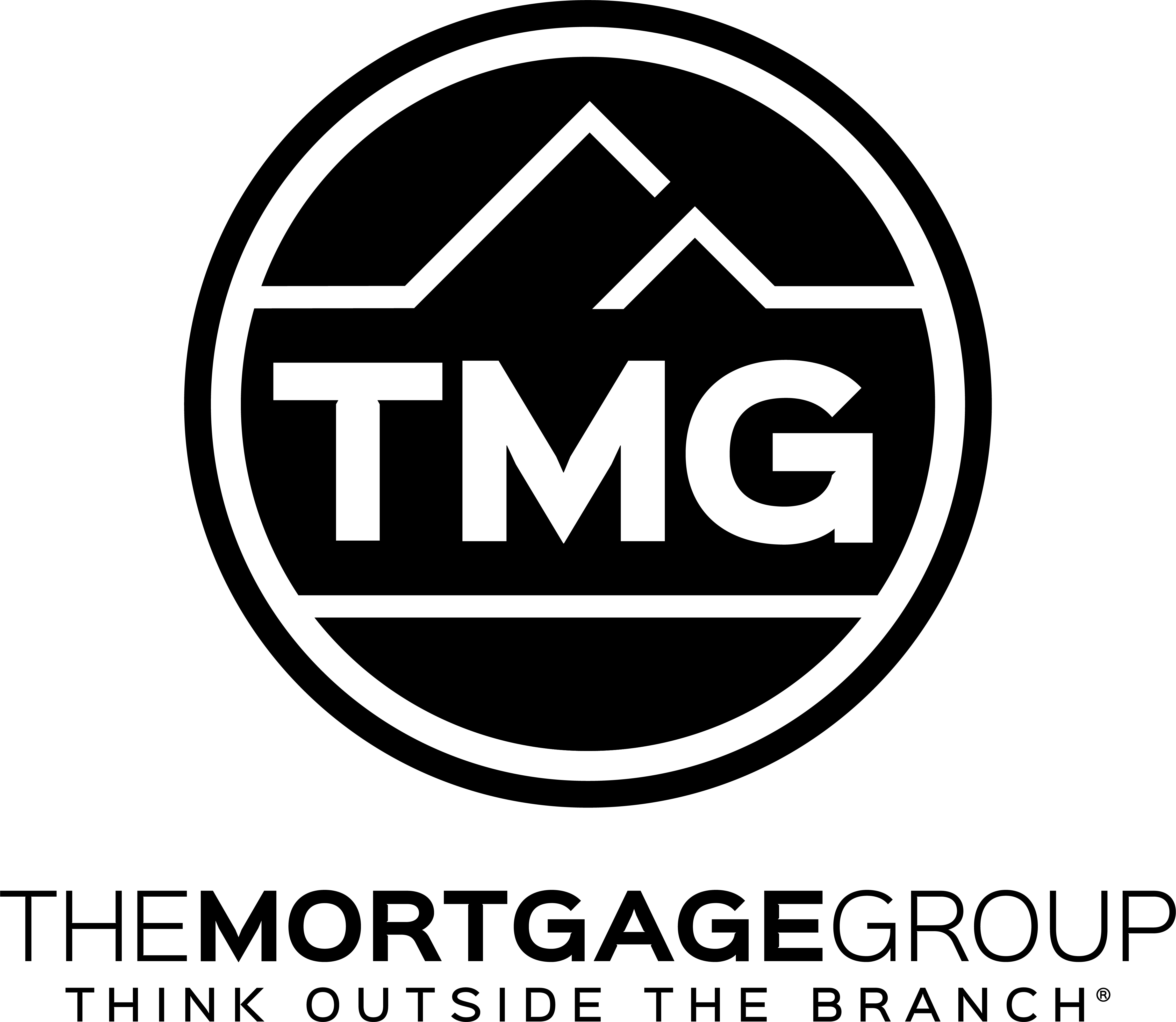What is a credit report and why is it necessary? It’s easy, it provides proof of your creditworthiness. Plain and simple!
In this day and age, it’s rare to find someone who doesn’t have some form of credit. This can include credit cards, personal loans, lines of credit, car loans, student loans, mortgages and more. Anything that reports to one or both of the main credit reporting agencies in Canada, Equifax and TransUnion.
What this basically says is what your credit history and repayment habits are like. It reports when you paid on time, late or didn’t pay at all and you now have a collections company after you. It also reports when a creditor writes off a debt along with when there has been a bankruptcy or a consumer proposal. They also provide information on how well you have made your mortgage payments.
Your credit report will also show how much of your available credit has been utilized. So if the limit on your credit card is $2,000 and you owe $1,999, it gives the impression that you might be tight for funds and are using credit to keep afloat. Having several maxed out and over the limit debts can be a warning sign to credit issuers, along with mortgage lenders.
All this info creates scores which rate your credit worthiness. The higher the score, the better, especially when you are asking to borrow the most money you will probably ever ask to borrow – a mortgage on a house!
We have several categories of lending institutions. The best interest rates and terms are found with prime lending institutions such as the banks, monoline lenders (available through mortgage specialists), credit unions, etc. These options are usually only available to those with the best credit ratings.
There are lenders who will grant mortgages to those who have experienced credit challenges. Rates and terms are higher, often brokerage and lender fees apply. These “subprime” lenders also offer opportunities designed to assist those having difficulties to get out of the corner and improve their situation. Most of the time, these lenders are used in the short term until the borrower qualifies with prime lenders with better rates and terms.
There are circumstances where private lenders are also utilized. A good mortgage specialist will be able to assess the situation and tell you when this is necessary.
Of course, you will be notified well in advance anytime a fee will be charged by the broker or the lender.
Here’s what makes up your credit score and what impact they have on the bottom line. Payment History (how well you paid), Credit Debts (how many debts you have and how much they are utilized), Age of accounts (how long you’ve had these debts, the longer the better), Type of credit (they all impact differently, Credit Enquires, (are you a shopper spending lots of money, or in trouble?).
To find out how long negative comments stay on your credit bureau, check out this page on the Financial Consumer Agency of Canada’s website.
The biggest threats to your credit score are payments later than 30 days, maxed out credit cards, collections, proposals and bankruptcies.
The moral of the story….. Keep a close eye on those debts, keep payments up to date, don’t overextend yourself, and if you are having issues, talk with an advisor before it gets out of hand. There are many ways to prevent a credit rating breakdown, we here at TMG can help!







